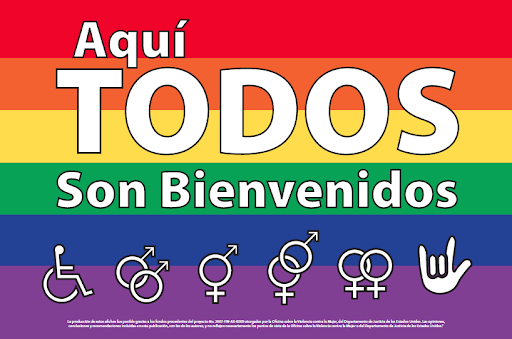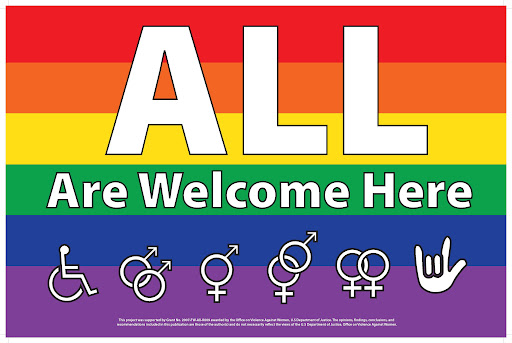Late Life Domestic Violence

Domestic violence, also called intimate partner violence, describes physical violence, sexual violence, stalking and psychological aggression (including coercive acts) by a current or former intimate partner and can occur across the lifespan to victims of all ages, including older adults. An intimate partner is a person with whom one has a close personal relationship that can be characterized by: emotional connectedness and regular contact; ongoing physical contact and sexual behavior; identity as a couple; and familiarity and knowledge about eachother’s lives. Perpetrators include spouses and former spouses, current or former partners, or another individual with whom the victim has an ongoing, personal relationship. The problem occurs in all communities, and affects people regardless of socioeconomic status, race, ethnicity, sexual orientation, or gender identity. Although most victims are female, men can be harmed, too.
Generally, abusers use a pattern of coercive tactics, such as isolation, threats, intimidation, manipulation, and violence, to gain and maintain power over their victims. Often they tell their victims where they can go, whom they can see, and how they can spend their money—in other words, control their decisions. Some abusers use their role and power to financially exploit their victims. Others feel that they are entitled to get their way because they are the “head of the household,” or because they are younger and physically stronger than their victim is.
Some experts view late-life domestic violence as a sub-set of the larger elder abuse problem. Elder abuse, broadly defined, includes physical, sexual and emotional abuse, financial exploitation, neglect and self-neglect, and abandonment. The distinctive context of domestic violence in later life is the abusive use of power and control by a spouse/partner or other person known to the victim in a close, personal way.
Sometimes life changes as you grow older can lead to an increase in abuse in unhealthy relationships. There is no excuse for abuse. If you believe that you or someone you may know may be experiencing abuse in your relationship you can speak to an advocate today. All services are free and confidential and you get to make the decisions about your relationship.
Please call 1-800-440-4633.[/vc_column_text][/vc_column][/vc_row]




